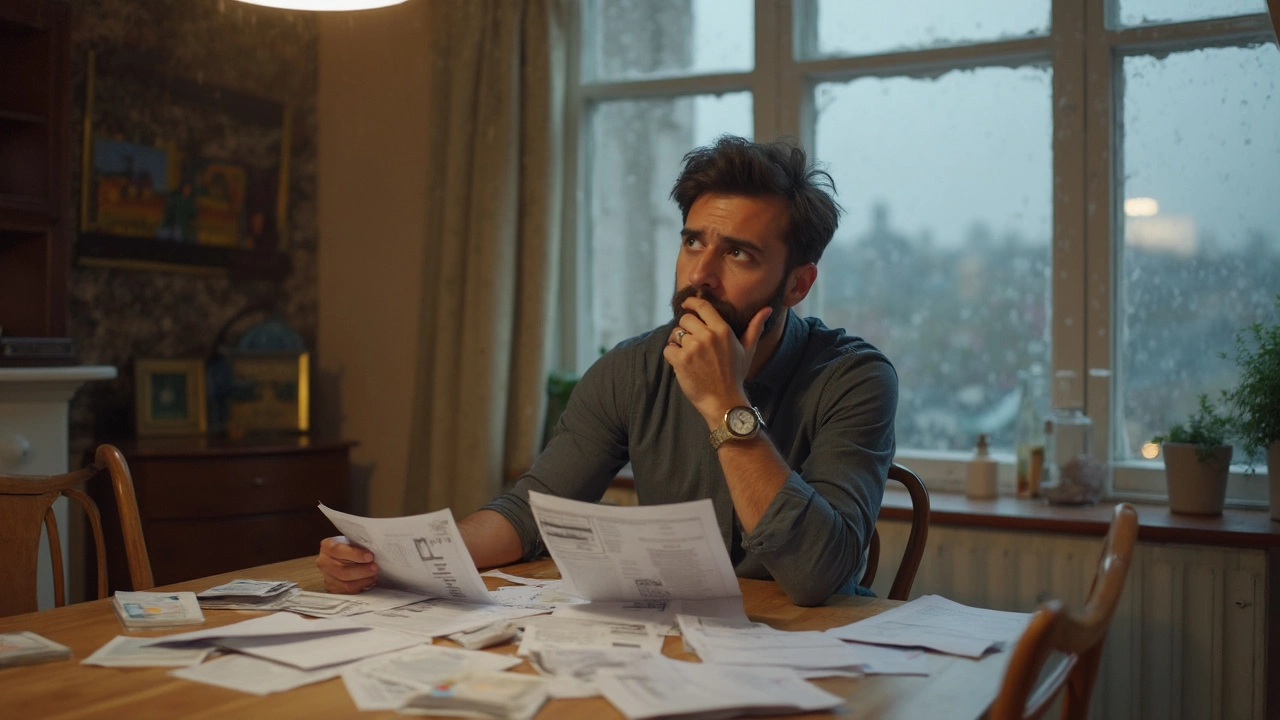How to Deal with a £50,000 Credit Card Debt
If you’re staring at a £50k credit card balance, the numbers alone can feel overwhelming. The good news is that you don’t have to stay stuck. With the right plan, you can lower interest, protect your credit score, and start seeing progress fast.
Know Exactly What You Owe
First step – list every card, its balance, and the interest rate. A simple spreadsheet works: column A for the card name, B for balance, C for APR. Seeing the total and the highest‑rate cards in front of you makes it easier to target the most costly debt.
Most people carry the highest interest on just one or two cards. If you have a 25% APR on a £20k balance, that’s £5k of interest each year. Paying that down first saves you money faster than spreading payments evenly.
Choose a Repayment Strategy That Fits
Debt avalanche attacks the highest‑rate card first while making minimum payments on the rest. It’s the fastest way to cut interest.
Debt snowball focuses on the smallest balance to build momentum. If paying off a £5k card quickly keeps you motivated, this could be the better psychological fit.
Whichever method you pick, set a realistic monthly amount you can afford. Use a budgeting tool or the 30‑40‑30 rule to free up cash: 30% needs, 40% wants, 30% savings/debt.
Consolidation Can Lower Your Rate
When your credit score is still in decent shape, a balance transfer credit card or a personal loan might drop your APR from 25% to under 10%.
Balance transfer cards often come with a 0% intro period, but watch the transfer fees (usually 3‑5% of the amount). A personal loan gives you a fixed payment schedule, which can be easier to manage.
Before applying, check your credit report for errors – a clean report can improve the offers you get. Most lenders provide a free soft‑pull check, so you can see potential rates without hurting your score.
Protect Your Credit Score While Paying Down
Keep utilisation below 30% on each card if possible. If you can’t pay the balance down quickly, ask the card issuer for a temporary limit increase. A higher limit lowers the utilisation percentage, which can keep your score from dropping.
Avoid closing cards after you’ve paid them off. The length of credit history matters, and keeping older accounts open helps your score.
When to Seek Professional Help
If you can’t make the minimum payments, consider a debt management plan (DMP) through a reputable charity. They’ll negotiate lower interest with creditors and create a single monthly payment.
Beware of debt settlement companies that promise to wipe out your debt. Most of them damage your credit and charge high fees. A DMP is usually the safer route.
Finally, remember that tackling £50k won’t happen overnight. Celebrate small wins – paying off a £5k card, reducing interest by a few percent, or simply sticking to your budget for a month. Those steps add up, and the momentum will keep you moving toward a debt‑free future.

